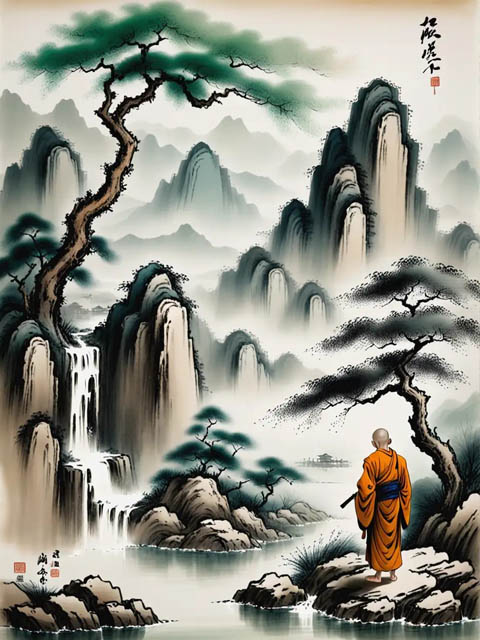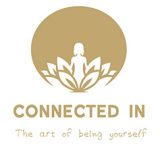Qiqong

Originally, Qigong meant “nurturing life.” Today, it can be seen as an “art of longevity and vitality.”
Qi signifies the energetic presence, the life force that flows through and animates everything in the universe. It can be felt within our bodies and in our environment, like the sense of aliveness at sunrise. Gong refers to skill and power—the mastery that brings a sense of accomplishment and provides service to others. Thus, Qigong is the art of understanding, cultivating, and developing Qi, the life energy that is both meritorious and purposeful.
Qigong is an ancient healing practice integral to Chinese medicine. It involves breathing techniques, slow movements, specific exercises, postures, visualization, and meditation. This practice helps to regulate, release, enhance, and transform life energy. Its benefits include reducing stress, calming the mind, and fostering a deeper connection with oneself. It helps practitioners become more present in their bodies and grounded in the moment. On all levels—physical, emotional, and spiritual—Qigong enhances flexibility and fosters health and well-being. Even the spirit can feel in harmony with the universe.
Practicing Qigong in nature amplifies this experience, offering a feeling of openness, a deep connection to the elements, and a profound sense of belonging to Mother Earth.

“I really love practicing Qigong daily as it gives me a felt sense of aliveness in my entire body—it’s like my body is smiling! My mood is uplifted, I feel at ease, and I am less stressed. I used to suffer from severe pain in my neck and shoulders, but now that pain is gone. It only returns when my body wants to tell me something important enough to take action!”
Qigong practice can be seamlessly integrated into seminars, meditation sessions, and classes on interpersonal communication and relationship mentoring. It also complements Reiki attunements by fostering a deeper understanding of each individual’s feelings in relation to what unfolds during the class.
